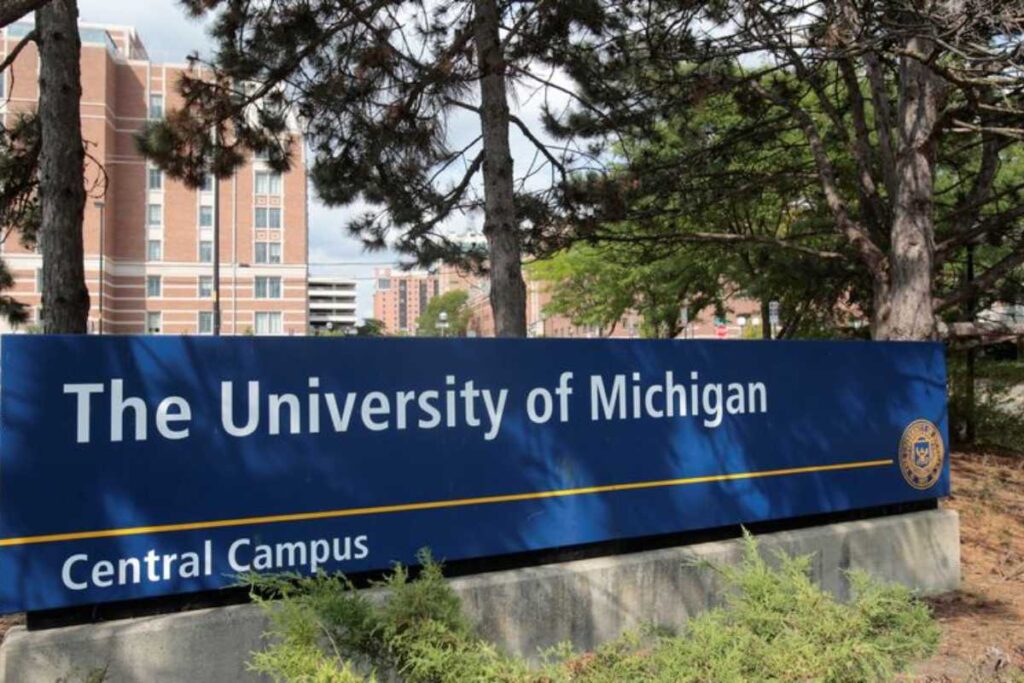University of Michigan Discontinues DEI Program
The University of Michigan has announced the immediate termination of its Diversity, Equity, and Inclusion (DEI) program following months of deliberation among university leadership. The decision includes shutting down the Office of Diversity, Equity and Inclusion, as well as the Office for Health Equity Inclusion, effectively discontinuing the DEI 2.0 strategic plan, which had outlined diversity initiatives through 2028.
The university stated that this decision aligns with recent federal policies that have increasingly challenged DEI initiatives in higher education. According to a joint statement by President Santa J. Ono and other university leaders, while acknowledging the positive contributions of DEI, they emphasized the necessity of pivoting toward a new direction. The university now plans to reallocate DEI funds towards student-focused resources, including financial aid, mental health services, and enhanced academic advising.
The decision follows months of campus-wide discussions, during which students and faculty expressed their concerns. Protests erupted in December when rumors spread that the board of regents was planning to completely defund the DEI program. Thousands of individuals signed petitions advocating for the continuation of DEI initiatives. Despite the backlash, the university remains firm in its position, stating that the reallocation of funds will better serve students directly.
Federal Influence and Higher Education Policy Changes
The discontinuation of the DEI program comes in response to an executive order issued by former President Donald Trump, which sought to reshape higher education policies by limiting diversity-related initiatives. In February 2024, the Department of Education further reinforced these changes by threatening to withdraw federal funding from academic institutions actively engaging in DEI programs. This led many universities across the country to either remove DEI references from their websites, shut down related programs, or lose financial support for scholarships.
The University of Michigan’s decision was also influenced by concerns that certain DEI initiatives had not been fully inclusive of all students. University leadership noted that some members of the community felt excluded by the programming and that DEI efforts had, in some cases, failed to foster unity among diverse groups. As a result, administrators sought to shift priorities towards initiatives that promote a broader sense of belonging among all students.
In place of the DEI program, the university will invest in new student-focused projects, including improving counseling services and implementing innovative solutions like a personal AI assistant for each community member. Additional investments will be made in maintaining student common areas and supporting cultural and ethnic programs in a different capacity.
Ban on Diversity Statements and Faculty Reforms
In addition to dissolving the DEI office, the University of Michigan has expanded its ban on diversity statements across the institution. Previously, faculty members were required to submit diversity statements as part of hiring, promotion, and tenure evaluations. However, a faculty review committee found that these statements placed pressure on faculty to adopt particular political or social positions.
Following a survey of nearly 2,000 faculty members, the university concluded that diversity statements should no longer be solicited in admissions or hiring processes. The decision aligns with broader efforts to ensure neutrality in academic policies while maintaining a commitment to fostering diversity in different ways.
Provost Laurie McCauley had assigned a faculty committee in June 2024 to evaluate the role of diversity statements in faculty hiring and promotion. The committee’s findings, released in late November, suggested that while diversity statements had been intended to demonstrate institutional commitment to DEI, they also led to concerns about ideological conformity. As a result, university officials determined that discontinuing the requirement was the best course of action.
While the university acknowledges the challenges associated with these changes, it remains committed to fostering an inclusive environment through alternative strategies that prioritize student welfare and academic success.

